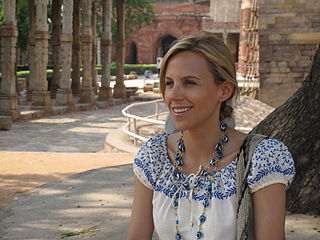A Quote by Leah Busque
Since most startups operate at a break-neck pace, with a concept to prove or a product to launch within a rapidly shortening runway of financing, company culture often gets shoved aside. This is a big, big mistake: Nobody serious about their business should put culture in the corner.
Related Quotes
Startups need to focus on building a foundation for their company culture early, and then they need to revisit it often. Every time a hire is made, a feature is launched, a Facebook status is updated, a press interview is given, a round of financing is raised, or a meeting is held, culture should be part of the decision-making process.
Evolving our culture to operate and think differently is no small task. We are challenging our employees to be the best of both small and big companies - they should operate with the soul and spirit of a startup, while leveraging the scale, resources and capabilities of Campbell - with the goal of ultimately becoming the biggest small company.
Since the 1960s, mainstream media has searched out and co-opted the most authentic things it could find in youth culture, whether that was psychedelic culture, anti-war culture, blue jeans culture. Eventually heavy metal culture, rap culture, electronica - they'll look for it and then market it back to kids at the mall.
Conscious business.. business that is conscious of inner and outer worlds.. would therefore be business that takes into account body, mind, and spirit in self, culture, and nature. Put differently, conscious business would be mindful of the way that the spectrum of consciousness operates in the Big Three worlds of self and culture and nature.
Most of the time, when you need something at a company, you make it. If you want to sell a product, you create it. If you need a head of marketing, you hire one. If you want to create a great company culture, what do you do? The lack of a clear answer on this is why I believe most companies don't have a great culture.
In the Washington soft money game, big business and big labor are accomplices working together to protect the mushy middle of big government, with plenty of special interest plums: Big unions get big spending and big business gets corporate welfare and special tax breaks - all at the expense of average Americans.


































